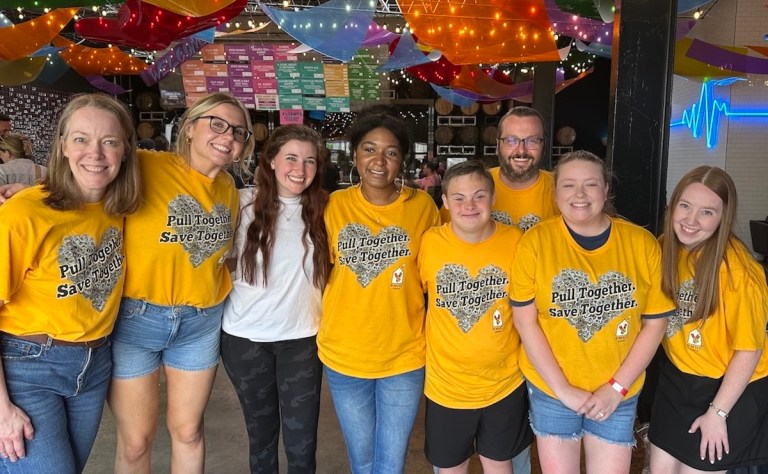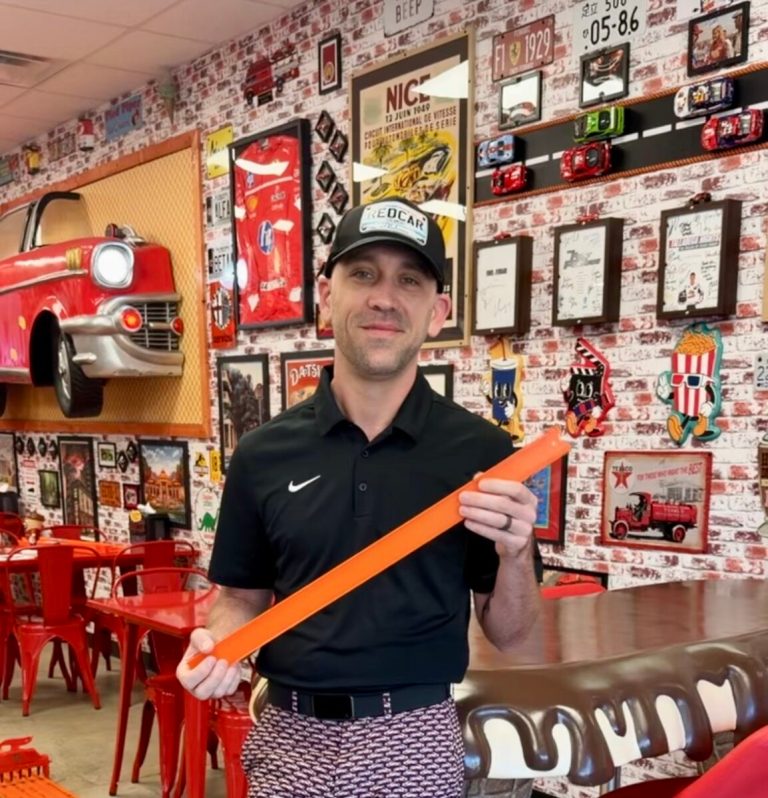“Stay-at-home” increases risk of domestic violence in Birmingham—what you need to know
Reading time: 7 minutes

While this time of staying at home may provide a welcome relief from all the busyness of life as we knew it before COVID-19, it’s a different story for anyone experiencing domestic violence or abuse. We reached out to four local nonprofits to find out what resources are available and what we can all do to help right now.
1. But first, a resource for stressed out caregivers of children
The extra pressures on families right now is very real. Here’s a very partial list of what many are going through:
- Closed schools, and decreased access to free and reduced meals for many families.
- Paychecks that may be smaller or gone (not to mention access to health insurance)
- Jobs that have ramped up or been put on hold.
- Parents suddenly becoming teachers and needing to educate our children at home.
This is where PAL, the Parenting Assistance Line comes in. This is a “warm line” to help parents deal with frustrations before they escalate into something worse.
- Services provided: free confidential service to help parents and caregivers get support for parenting.
- Hours: Monday-Friday 9AM-4PM.
- Call or text: 866.962.3030
- Website: chat with parenting experts or browse parenting resources. Leave messages after hours and calls will be returned on the next work day.
2. LGBTQ+ youth face particular risks
Some LGBTQ+ youth find themselves living in unwelcoming and unsafe family environments. The Magic City Acceptance Center is providing support for the social, emotional and mental well-being of LGBTQ+ young people.
According to Amanda Keller, MCAC is “offering e-counseling and online programs at least two times a week for LGBTQ youth ages 13-24, moderated by staff.”
Contact: 205.774.1173 | Website | Email | Instagram | Facebook
3. If you are facing domestic abuse, you are not alone—there is help.
Knowing that a time like this provides the perfect storm of risk factors for domestic violence, we reached out to Allison Dearing, Executive Director at One Place Metro Alabama Family Justice Center. She helped us understand the situation better and provided valuable resources and tips.
Are you seeing any signs of increased domestic violence and abuse right now?
Our call volume at One Place has actually decreased during the pandemic. We attribute this to limited opportunity to make a private call for help because of close proximity to the abuser and the fear of leaving home due to the risk of COVID-19.
Leaving an abusive relationship often takes months or years. Being forced to shelter in place has made it more challenging to make those calls, whether to a court, a shelter or even a friend.
What are you seeing across the country?
Here’s what Allison Dearing had to say:
- Domestic violence victims are feeling even more isolated from their friends, family and support networks. Perpetrators of abuse are using this shelter in place guidance as an opportunity to further exert control over their victims’ whereabouts and relationships.
- Abusers are preventing partners from going to work at essential jobs or from accessing safety measures, including basics like soap and hand sanitizer. Abuse is about power, and many abusers are using the pandemic to control in new ways.
- Abusers are threatening to use firearms when they’ve never done so before.
- When a partner attempts to strangle a victim and they need medical help, the victim fears going to the hospital because of the virus.
- We are particularly concerned about DV homicides during COVID-19: There were 2 DV homicides in Alabama last week. On March 30th in the US—7 murder/suicides. On March 31st in US—9 murder/suicides.
“Given that many are unlikely to seek help until things are more stable—either by calling hotlines or by leaving for shelters—we likely won’t know the full extent of the abuse until the virus outbreak subsides.”
Allison Dearing, One Place Metro Alabama Family Justice Center
What local resources are available for people who are in trouble?
One Place Family Justice Center: provides emergency services including forensic exams for domestic violence strangulation and law enforcement support/police reports.
- Hours: Monday-Friday, 8:30AM-4:30PM
- Contact: 205.453.7261 | Website
The YWCA Central Alabama: provides a number of services to help, including the following:
- 24-hour crisis line: 205.322.HURT. This is fully operational at this time.
- Two confidential emergency domestic violence shelters. These are fully operational.
- Remote advocacy, counseling and family law services. These are available at this time.
- Referrals, resources and/or assistance with filing a PFA petition in Jefferson County. Call an advocate at 205.600.9068, Monday-Friday, 8AM-5PM.
4. Here’s what you should do if you know someone who is in an unsafe relationship
If you’ve got friends or loved ones who may be in trouble, here’s what Dearing advises:
“The biggest thing people can do is check in with individuals they know who may be in unsafe relationships. Offer to set a check-in time or have a code word that can be used if help is needed.
Consider creating a signal for help. This could be a coded text message that you send to a parent or sibling, such as ‘We are out of milk,’ that is really a request to call 911.
Another system might be to let a neighbor know that if the blinds are drawn, or the porch light is left on…this is a sign to call for help.”
Allison Dearing, One Place Metro Alabama Family Justice Center
5. Finally, make a safety plan if home is anything but safe
Here’s what Dearing recommends for people who do not feel safe at home:
- Figure out the safest place in your house: Keep arguments out of dangerous places like the kitchen and the bathroom. If sleeping in your car is a possibility, you may need to do this sometimes.
- Put away the knives. Store them up high or put most of them away if possible.
- Lock up guns + store ammo separately from firearms. Consider asking someone else to store your weapons in their home.
- Keep your cell phone on you at all times (if you have one). Choose outfits with pockets that will hold your cell phone. Don’t take the chance of getting trapped in a room without your phone. Keep your phone charged.
- Stay stocked with first aid supplies and sufficient birth control.
- Safeguard your wardrobe. Don’t wear dangling earrings that someone can rip out of your ear, or a necklace that could be used to choke you. Similarly, avoid scarves. Don’t wear your hair in a ponytail and create a handle that you can be dragged by; put it all the way up in a bun or wear it down.
- Don’t be afraid to use any defusing strategies that you have used in the past to deescalate the violence.



